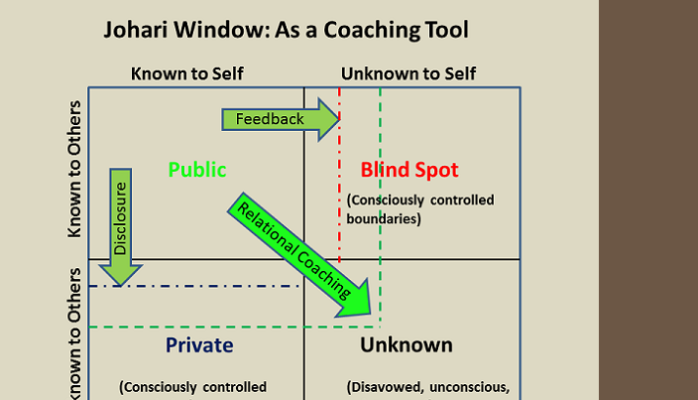What Got You Here Won’t Get You There: How Successful People Become Even More Successful
Author : Marshall Goldsmith
Genre : Self Help, Management

How Successful People Become Even More Successful
One of the most insightful books on self improvement. Marshal, who Forbes calls One of Top 5 most-respected executive coaches in the world, has worked with a hundred Fortune 500 CEOs and his wealth of experience shows. The American Management Association named him one of 50 Great Thinkers, while Business-week listed him as one of the most influential practitioners in leadership development.

The fundamental premise is that people become successful because of certain good habits: skills, intellect, knowledge, hard work, drive etc. But along with these strengths, these same people also often carry some toxic bad habits, in spite of which they have been successful, at least thus far. However, these blind spots, if left uncorrected, can put serious brakes in their career. Hence, the strengths that got us here, won’t get us higher. We will need to work on our weaknesses because these behavioral problems (and not technical skills) tend to separate the good from the truly great.
Unfortunately, while it sounds simple and logical, successful people are often in denial. Their confidence in their own skills and talent and their ability to deliver results ironically makes them much more difficult to change. In fact, they often credit their weakness as being responsible for their success.
The book gives the example of Harry who was successful because of his smartness, his ability to always deliver his numbers and his sincere care for the company.

However, he was also a poor listener. Even after discounting for the fact that his colleagues, intimidated by his quick mind and creativity, did not really expect him to listen to them all the time!
And like the same person that we usually are in and out of office, his wife and kids also confirmed he often did not hear a word of what they said.
But for Harry this was almost his key to success! He convinced himself that by shielding himself from the stupid ideas of his co-workers, he was actually preventing his fertile brain from getting polluted. His other defensiveness was over-correction: by listening too much and speaking less, his creative ideas could ultimately dry up.
Marshal as his coach then had to explain the difference between correlation and causality, that Harry just happened to be both successful (because of his sheer talent) and a poor listener but not one because of the other. In fact, Harry would probably not go any higher in the corporate world if he did not correct his listening.
Marshal continues to offers 21 similar potential flaws.
Winning Too Much becomes toxic when we start wasting time and energy on issues which are trivial and not worth pursuing and could even spoil higher objectives like important relationships (think the constant bickering with our spouses to come out on top).
Or the Habit of Adding Too Much Value which probably improves an idea by 10% but reduces commitment by half because the sense of ownership in others is gone.
Then there is the toxic habit of Making Destructive Comments to the point that it becomes a problem with our colleagues. We think we are being smart or witty but everyone else is devastated. Or Starting with No, But, However. Secretly negating the ideas of others and saying “I am right, you are wrong”.
There are many more jewels. Speaking When Angry, almost trying to use emotional volatility to get our things done.
Failing to Give Credit or Claiming Credit that We Don’t Deserve;
Making Excuses and its worse form, Passing The Buck; Clinging To The Past; all these are way to deflect blame from one’s owns self.
Playing Favorites, not realizing we are treating others unfairly.
Marshall also suggests how we can improve ourselves. First we need to accept our mistakes and internalise the need for change. A robust 360 degree Feedback helps us create our own Johari Window of blind spots.

We also need to publicly announce our intent to change (otherwise 100% effort gets only 10% notice and credit). Perhaps even apologize for behaving as a jerk in the past.
There are good tips for organisation leaders too.
Example: Some people in your team can’t change, leave them alone. Also the need for candor, transparency and honesty.
The broad learnings may be banal (e.g. we all know listening is important), but the beauty of the book lies in its many specific examples, insights and tips. What is common sense may still not be common practice. The one area I disagreed was Marshal’s contention that there are four drivers of self-interest for most corporate employees: money, power, status, popularity. I would think that especially at senior levels intrinsic motivators play an equally big role, like ability to make a difference or find our purpose or having freedom to do what we want.
Why should you read the book: To improve ourselves and our teams. To understand what could be holding us back and honestly assess our blind spots.
Goodreads Link: What Got You Here Won’t Get You There: How Successful People Become Even More Successful by Marshall Goldsmith | Goodreads

 This information will never be shared with third party
This information will never be shared with third party
The gist explained perfectly, Very insightful.